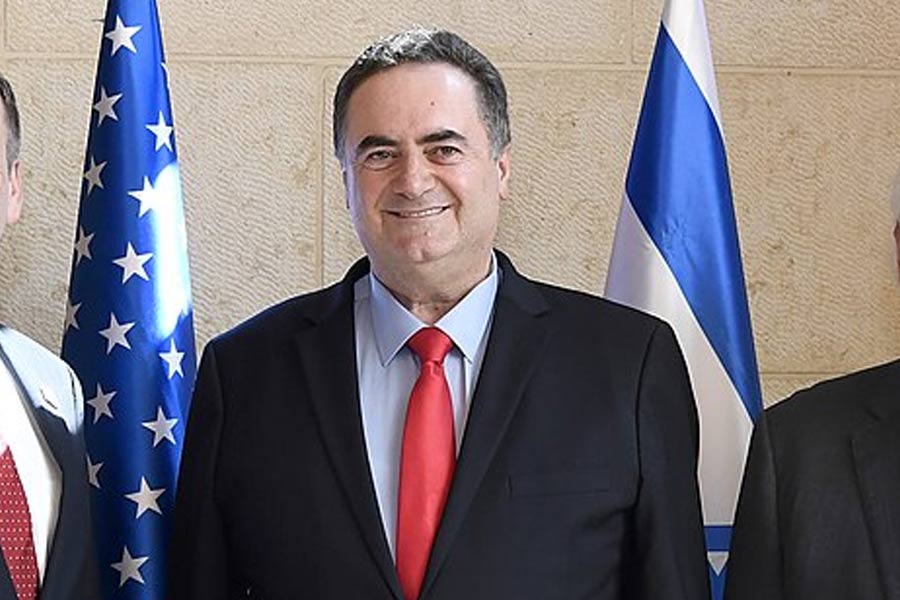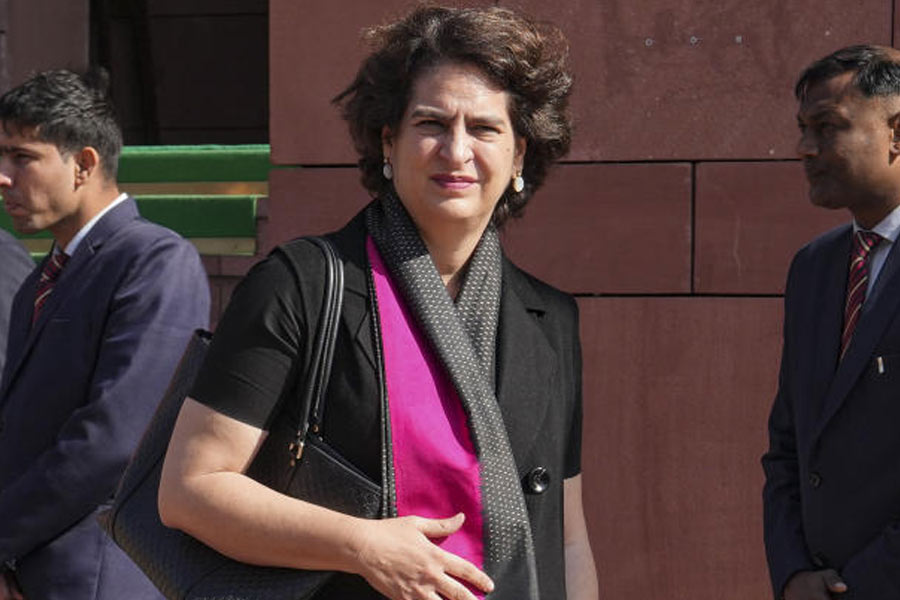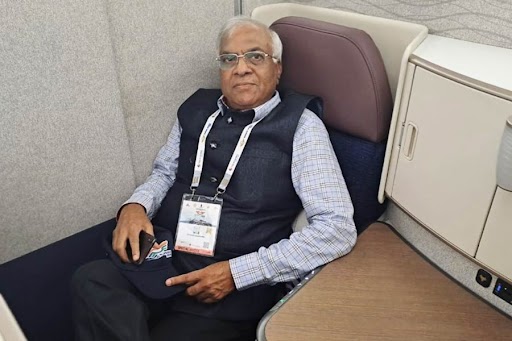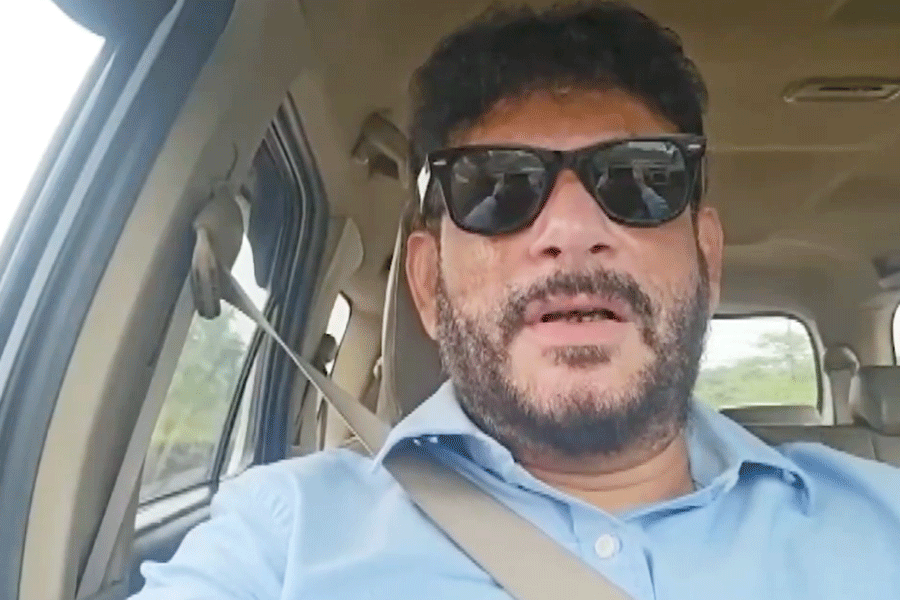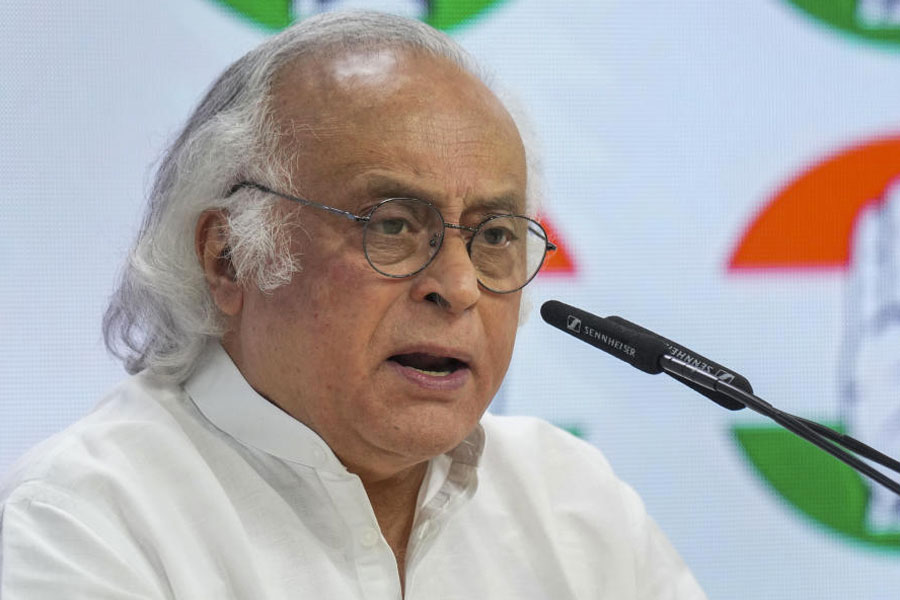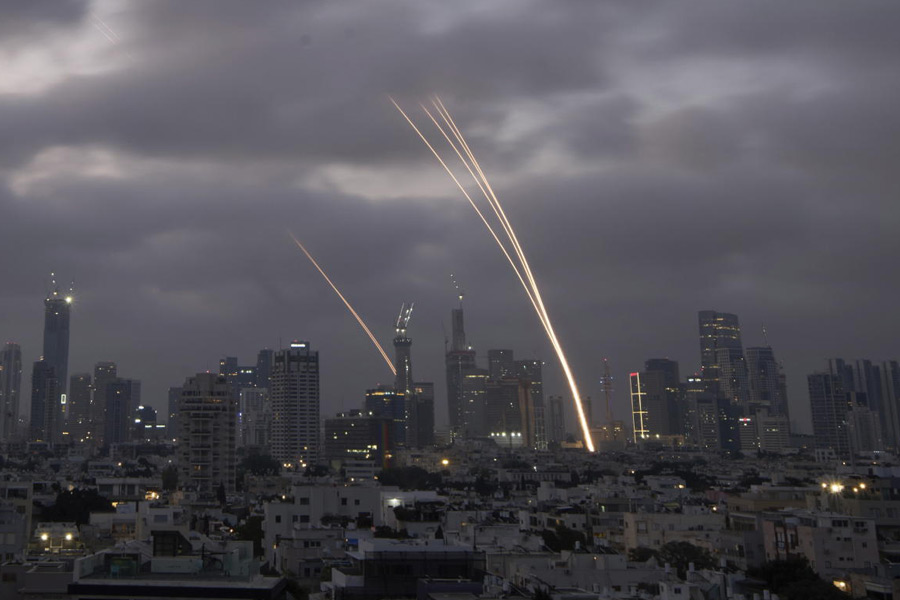 |
| The graveyard at Cinnamara tea estate where Maniram Dewan was laid to rest. Telegraph picture |
Jorhat, March 23: The dead tell no tales, but the graveyards they are buried in at times do.
One such graveyard dating back to the British era lies among the lush green tea bushes of the Cinnamara tea estate here and has attracted the attention of Kamakhya Prasad Tasa, the BJP candidate for the Jorhat Lok Sabha seat, who wants to make it a tourist destination.
Laid to rest in this graveyard among British officers, most names not visible on the tombstones, was none other than the first Indian commercial tea planter and freedom fighter Maniram Dewan, who died at the gallows.
“The tea industry has totally neglected him and the Congress has given more importance to Rajiv Gandhi and Sonia Gandhi than Maniram Dewan. If I win the elections, my priority project would be to make this centre one of the most beautiful places in the state and a tourist destination,” Tasa told The Telegraph today.
Tasa, who was the former president of the Assam Tea Tribes Students Association, said it was a shame for Assam that nothing has been done to develop the graveyard and the tea estate, which was set up by Maniram Dewan.
Tasa said he had taken the initiative to develop the graveyard while he was at the helm of affairs of the students’ association but it was not possible because the state government had not shown any interest in this regard.
“As the condition of Cinnamara tea estate where the graveyard lies was also not good, there was no one we could approach to develop this particular place,” he said.
He said the Cinnamara tea estate, which is the legacy of Maniram Dewan, has also become a burden on its inheritor, with the labourers not getting their salary regularly.
“I will also do my best to revive the tea estate, which was started by Dewan, the first Indian tea planter,” he said.
Cinnamara tea estate was set up by Dewan in 1845, after resigning from his post of dewan (chief executive) with the British-instituted Assam Tea Company, the first tea firm in Assam.
Aroon Chandra Barooah, Maniram’s great-grandson and working president of the Maniram Dewan Memorial Trust, said there was no response from the government and other agencies despite several appeals to develop the particular place.
“It was only in 2008 that the Jorhat district administration had taken a few steps to renovate the graveyard but that was not sufficient,” he said.
Dewan had played a leading role in Assam politics during early British rule, initially helping the Raj establish peace with various tribes and chieftains after two Burmese invasions.
He was an aide to the last Ahom king, Purandhar Singha, who appointed him Borbhandar Borua (head of royal treasury) after being restored as a tributary king in 1833 by the Raj.
His flourishing tea estates, Cinnamara and Singlo (near Sivasagar), too, were giving British planters a headache.
Dewan was arrested in Calcutta when he went there to hand the British a memorandum from the king.
He was just 51 when he was hanged in public in Jorhat along with aide Piyali Baruah on February 26, 1858, on the banks of the Tocklai stream.
Tasa said he would take all necessary steps to make Maniram Dewan famous as the other freedom fighters of the country.


